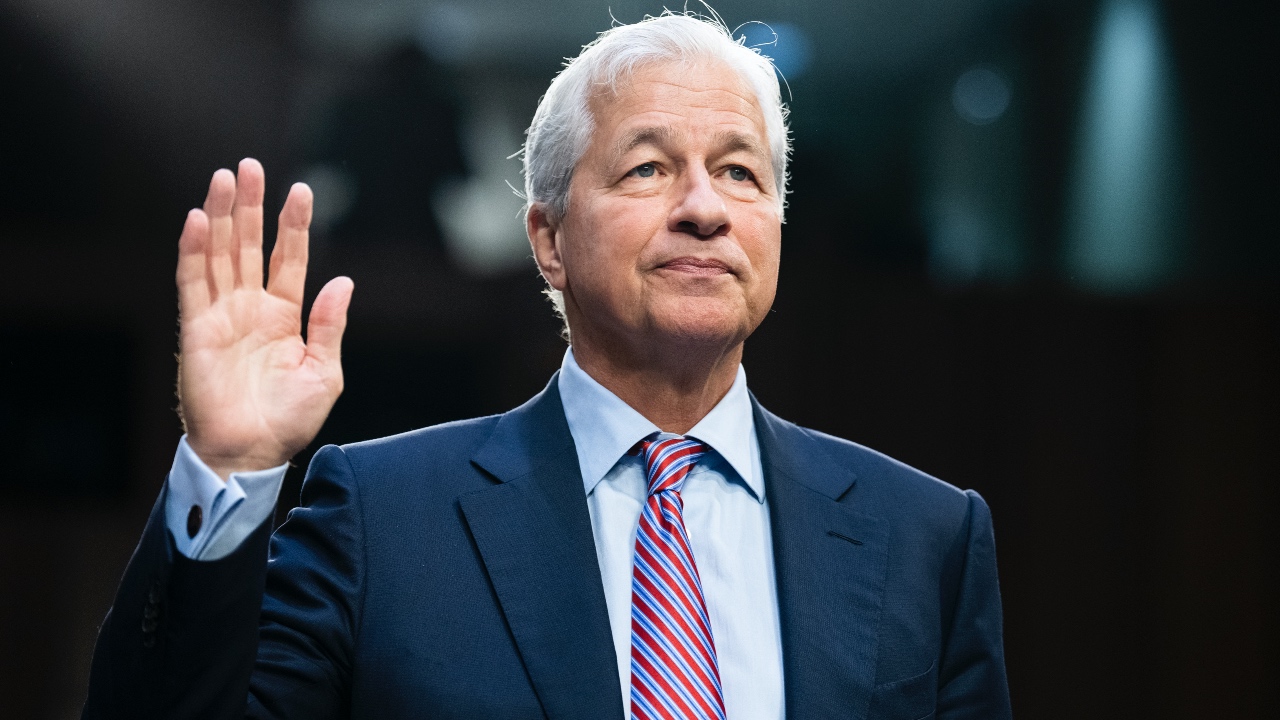Already a subscriber? Make sure to log into your account before viewing this content. You can access your account by hitting the “login” button on the top right corner. Still unable to see the content after signing in? Make sure your card on file is up-to-date.
Multiple economic leaders and global institutions are sounding the alarm as US tariffs imposed by President Trump have sparked some fears of a recession.
Some shit you should know before you read: If you’re unaware, the US recently imposed tariffs on all foreign imports, with baseline rates set at 10% and much steeper, country-specific increases—such as a 104% total tariff on Chinese goods. President Trump has defended the move as necessary to correct long-standing trade imbalances and to crack down on unfair practices like currency manipulation and export subsidies. The initial reaction from global markets was volatile, with US stocks plunging in a multi-day sell-off before rebounding slightly amid hopes of negotiated deals. While some countries, including Japan and Vietnam, have signaled a willingness to negotiate quickly, others, like China, have responded aggressively, escalating a tit-for-tat tariff war that has further strained relations. Some have speculated that Trump’s broader strategy is to slow China’s growth, undermine its manufacturing dominance, and trigger a realignment in global supply chains that favors domestic US production.

What’s going on now: In a notable development, JPMorgan Chase CEO Jamie Dimon warned about the trajectory of the US economy, stating that a recession is now the “likely outcome” of President Trump’s tariffs. Speaking on Fox Business Network’s “Mornings with Maria,“ Dimon said, “I am going to defer to my economists at this point, but I think probably, that’s the likely outcome.“ He pointed to market volatility and rising uncertainty at both the macro and micro levels, noting, “Markets aren’t always right, but sometimes they are right… I think this time they are right because they’re just pricing uncertainty.”
He also highlighted growing stress within the financial system, warning, “If you have rates going up a little bit, and inflation is sticky, and credit spreads are gapping out, which they’re going to, I think you’ll see more credit problems than people have seen in a long time.”
Although Dimon previously supported Trump’s tariffs as a matter of national security, his tone has shifted dramatically as the consequences ripple through the economy. He said, “I’ve already seen business sentiment change with the implementation of tariffs. Hopefully there wouldn’t be a tariff-related recession, and if there is one, I hope it’ll be short.”
Dimon urged the administration to move quickly on trade negotiations, saying, “Take a deep breath [and] negotiate some trade deals. That’s the best thing they can do.” Dimon also expressed concern about the global business environment, admitting JPMorgan had “lost a couple of bond deals already” as overseas clients opt for local lenders due to geopolitical risks.
Echoing Dimon’s concern on a global scale, UN Secretary-General António Guterres warned that a recession sparked by trade wars could be devastating, particularly for the world’s most vulnerable populations. “I sincerely hope that we will have no recession, because a recession will have dramatic consequences, especially for the poorest people in the world,” Guterres said during a press conference. He also condemned the escalation of tariffs, stating, “Trade wars are extremely negative. Nobody wins with a trade war. Everybody tends to lose.”
This all comes as Delta Air Lines has also signaled growing concern about the economic outlook, citing the impact of trade tensions on both business and consumer behavior. The airline warned that revenue could decline in the current quarter, with CEO Ed Bastian stating, “I think we’re acting as if we’re going into a recession.” He added, “If that continues, and we don’t get a resolution soon, we’ll probably end up in a recession.”
Delta attributed its weaker forecast to “broad economic uncertainty around global trade,” and has dropped earlier plans to increase passenger capacity, noting that both business and leisure travelers are pulling back. The company also lowered its second-quarter revenue outlook, now expecting anywhere from a 2% gain to a 2% decline, compared to earlier projections of 7–9% growth.






